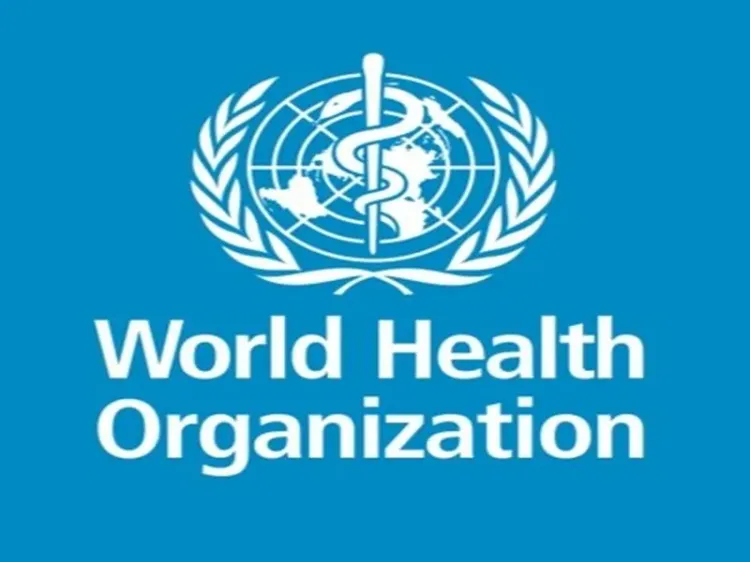Has the Maldives Become the World's First Country to Eradicate Mother-to-Child Transmission of HIV, Syphilis, and Hepatitis B?

Synopsis
Key Takeaways
- Maldives is the first nation globally to achieve the elimination of mother-to-child transmission of HIV, syphilis, and hepatitis B.
- Over 95% of pregnant women in the Maldives receive antenatal care.
- No babies were born with HIV or syphilis in 2022 and 2023.
- Strong political will and investments in health are crucial for achieving public health milestones.
- The WHO's validation of this achievement sets a global benchmark for other countries.
New Delhi, Oct 13 (NationPress) In a groundbreaking achievement for public health, the Maldives has become the first nation globally to accomplish the ‘triple elimination’ of mother-to-child transmission (EMTCT) of hepatitis B, HIV, and syphilis, according to a statement released by the World Health Organization (WHO) on Monday.
The Maldives has recently received validation from the WHO for its success in eliminating mother-to-child transmission of hepatitis B. The nation had previously achieved WHO validation for the elimination of HIV and syphilis in 2019.
Dr. Tedros Adhanom Ghebreyesus, WHO Director-General, stated, “The Maldives has demonstrated that with strong political will and consistent investment in maternal and child health, the elimination of mother-to-child transmission of these deadly diseases is attainable.”
He further mentioned, “This historic milestone offers hope and motivation for countries worldwide striving for similar achievements.”
Mother-to-child transmission results in infections that impact millions around the globe.
In the WHO South-East Asia Region, preliminary estimates suggest that in 2024, over 23,000 pregnant women will have syphilis, and more than 8,000 infants will be born with congenital syphilis.
Approximately 25,000 HIV-positive pregnant women need treatment to avert transmission to their infants, while hepatitis B affects over 42 million individuals in the region, as per WHO data.
Dr. Catharina Boehme, Officer-in-Charge at the WHO South-East Asia Regional Office, emphasized, “This landmark accomplishment is a significant step towards ‘Healthy Beginnings, Hopeful Futures’ by enhancing maternal and newborn health and prioritizing long-term well-being.”
In the Maldives, more than 95% of pregnant women have access to antenatal care, with nearly universal testing for HIV, syphilis, and hepatitis B.
Thanks to a robust immunization system, no infants were born with HIV or syphilis in 2022 and 2023. A national survey conducted in 2023 confirmed the absence of hepatitis B among young children in the first grade of school, exceeding elimination targets, according to the WHO.
Health Minister Abdulla Nazim Ibrahim remarked, “This historic validation is a moment of great pride for the Maldives and a testament to our unwavering commitment to safeguarding mothers, children, and future generations,” while vowing to maintain this progress moving forward.









